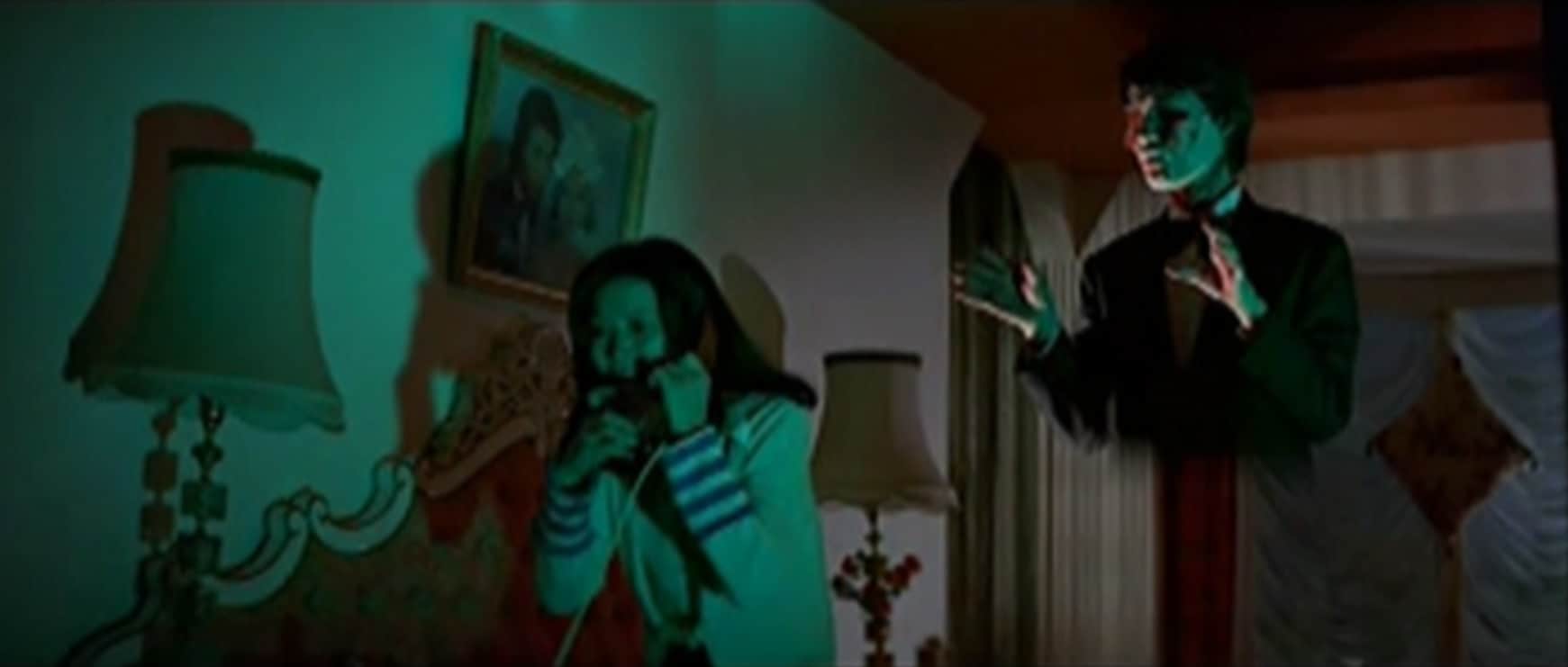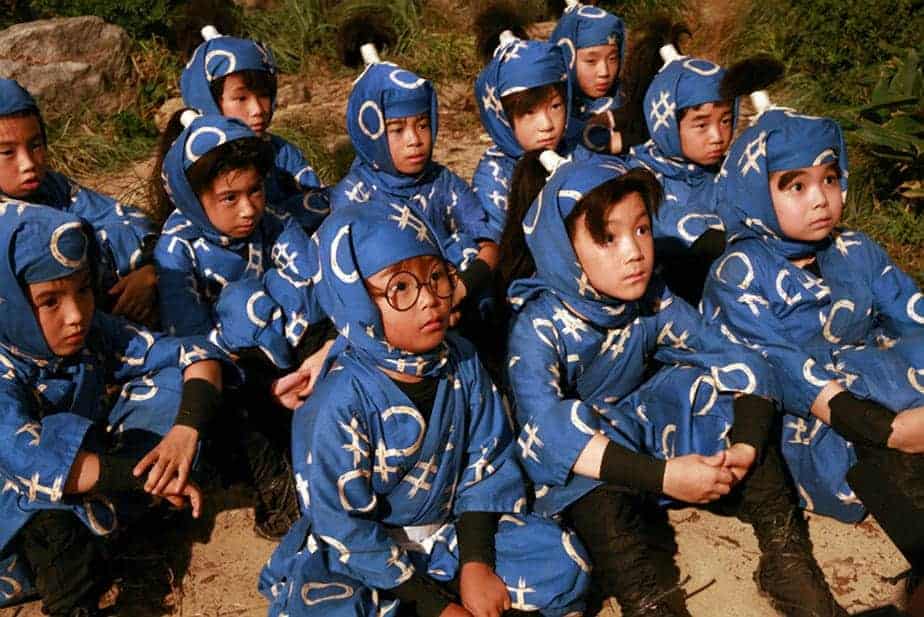The film is part of a very successful franchise that includes an ongoing manga (from 2004), a TV series, and three movies that follow the series' story, although one does not have to be a follower of the franchise in order to watch this movie.
Watch This Title

The story, surprisingly, does not revolve around Ushijima, but around Jun Ogawa, the leader of a group that organizes party events. In Tokyo, however, this means that he is a man with thousands of contacts in his three cell phones, who promotes a boy band whose members draw girls in the events, and the girls, in turn, draw more men. Jun is very ambitious and his next show, which is the largest he has ever organized, is to be the turning point of his career. However, he has two major problems to solve: He needs to find a lot of money very soon, and he has accustomed himself with a number of individuals who are more dangerous than he can contemplate. Eventually his road brings him to Ushijima to loan money, although he has a plan for not paying. Furthermore, one of the members of the band he promotes is a serial rapist, who eventually falls in the hands of a psychopath, who demands money to release him. Eventually, all of his troubles come together
There is also a secondary plot, involving Mirai, a girl who has to deal with her prostitute mother's gambling debt to Ushijima, and eventually decides to work as an escort in order to raise money, although just to provide company not sex.
Yamaguchi paints Tokyo in the blackest colors, presenting a number of characters, none of which is even remotely good, and some even being clearly evil. Jun is actually pathetic, as he acts as a servant to the members of the group, despite the fact that he likes none of them, and the same applies to his sponsors who always demand girls of him. However, his cunning nature and the way he exploits those stupid enough to believe him, does not let him become likeable. Mirai draws some sympathy at first, but the fact that she exploits old men to get money make her also somewhat cunning, although she is the most likeable character.
Everything seems to revolve around money and sex, and not even family seems to have any significance, a fact eloquently portrayed in the scene where Mirai's mother begs her to have a threesome with her and a client. Furthermore, rape, murder, torture are also elements of a truly despicable setting.
In contrast to the majority of manga adaptations, the characters, and subsequently the acting, are not hyperbolic, and the various events are not filled with slapstick notions. Yamaguchi retains a sense of realism, despite the fact that the plethora of characters makes the script quite extreme. This tendency finds its apogee in Takayuki Yamada, who is impressive as Ushijima, in a silent and restrained performance. The scenes where Ushijima appears are definitely the most impressive in the movie. Kento Hayashi is also quite good as the “cunning but poor clown” Jun, and the same applies to Yuko Oshima as the “poor, misguided, cute girl”.
Hiromitsu Nishimura's cinematography paints the, filled with colors, but actually very dark setting of nighttime Tokyo in impressive fashion, fitting the film's aesthetics perfectly. The editing is also on a good level, with the movie retaining a rather fast pace, although its duration could be a little smaller.
“Ushijima: The Loan Shark” is a great adaptation, and a film that stands out particularly due to its rare narrative style.
















